Adding suffixes to nouns is one of the easiest ways to expand your Japanese vocabulary. Let’s look at three suffixes you’ll encounter in daily life.
〜作り/造り (〜zukuri)
Noun + づくり
While both are read as zukuri (a voiced version of tsukuri), the kanji choice depends on the scale:
- 作り: Used for small-scale items, abstract concepts, or intangible roles.
- 造り: Used for large-scale construction, industrial manufacturing, or tangible structures.
Indicates the creation or preparation of something
あの俳優は、1年かけて役作りをしたそうだ。
/ano haiyuu wa, ichinen kakete yaku-zukuri o shita sou da./
Apparently, that actor spent a year preparing for the role.
明日から旅行なので、今から荷造りをします。
/ashita kara ryokoo nanode, ima kara ni-zukuri o shimasu./
I’m going on a trip tomorrow, so I’m going to start packing [luggage-making] now.
Describes what something is made of or how it is built
レンガ造りの家に住んでみたい。
/renga-zukuri no ie ni sunde mitai./
I’d like to try living in a brick-built house.
誕生日ケーキを手作りしました。
/tanjoobi keeki o te-zukuri shimashita./
I handmade the birthday cake.
〜離れ (〜banare)
Noun + ばなれ
Derived from hanareru (to separate/distance), this suffix becomes banare when attached to a noun. It describes a gap, a trend of moving away, or gaining independence.
Indicates being “far removed” from reality or norms
鈴木さんは、金銭感覚が世間離れしている。
/suzuki san wa, kinsen-kankaku ga seken-banare shiteiru./
Suzuki-san’s sense of money is completely out of touch with the real world.
それは、かなり現実離れしたアイデアだと思います。
/sore wa, kanari genjitsu-banare shita aidea da to omoimasu./
I think that’s a rather unrealistic [divorced from reality] idea.
Indicates a waning interest or a social trend of “turning away”
日本では、若者の日本酒離れが進んでいるそうだ。
/nihon de wa, wakamono no nihonshu-banare ga susunde iru sou da./
I hear that young people in Japan are increasingly moving away from drinking sake.
動画を見るプラットフォームとしてYouTubeが主流になり、人々のテレビ離れが進んだ。
/dooga o miru purattofoomu toshite yuuchuubu ga shuryuu ni nari, hitobito no terebi-banare ga susunda./
As YouTube became the dominant platform, people began drifting away from television.
Indicates independence or “outgrowing” a habit
あの人はまだ親離れできていないようだ。
/ano hito wa mada oya-banare dekite inai you da./
It seems that person hasn’t become independent from their parents yet.
娘は一歳半まで乳離れできなかった。
/musume wa issai-han made chi-banare dekinakatta./
My daughter wasn’t weaned [separated from milk] until she was a year and a half old.
〜持ち (〜mochi)
Noun + もち
This suffix comes from motsu (to hold/possess) and describes either possession or how long something lasts.
Indicates possession or a personal quality
めちゃめちゃお金持ちの友達がいます。
/mechamecha okane-mochi no tomodachi ga imasu./
I have a friend who is incredibly rich.
そんなに重いものを持ち上げられるなんて、力持ちですね!
/sonna ni omoi mono o mochiagerareru nante, chikara-mochi desu ne!/
You’re so strong to be able to lift something that heavy!
Indicates how well something is maintained or lasts
このスイーツは日持ちしないので早めに食べてください。
/kono suiitsu wa hi-mochi shinai node hayame ni tabete kudasai./
These sweets don’t stay fresh for long [don’t hold their days], so please eat them soon.
じゃがいもはとても腹持ちがいい。
/jagaimo wa totemo hara-mochi ga ii./
Potatoes are very filling [they keep your stomach satisfied for a long time].
Quiz
① Which sentence correctly uses “〜作り” to describe a small-scale or abstract creation?
A: この船は鉄作りです。
B: 新しい友達作りは楽しいです。
C: 新しいビル作りが始まりました。
D: 道路作りには時間がかかります。
Answer
B: 新しい友達作りは楽しいです。
Making friends is an abstract process involving interpersonal relationships, which fits the “作り” nuance perfectly.
② Choose the correct word to describe someone who is very strong.
A: 力作り
B: 力持ち
C: 力出し
D: 力離れ
Answer
B: 力持ち
The suffix “〜持ち” indicates the possession of a quality; chikara-mochi is the standard term for a physically strong person.
③ Which suffix best completes this sentence about a social trend:
最近、若者の本___が進んでいる。
(Recently, young people are moving away from books.)
A: 持ち
B: 作り
C: 離れ
D: 出し
Answer
C: 離れ
The suffix “〜離れ” is specifically used to describe a trend where people lose interest in or move away from something.
④ If a food item lasts a long time without spoiling, we say it has good…?
A: 日出し
B: 日離れ
C: 日持ち
D: 日作り
Answer
C: 日持ち
“Hi-mochi” literally means “day-holding” and refers to how long food stays fresh.
⑤ Which kanji is more appropriate for “building a house”?
A: 家作り
B: 家造り
Answer
B: 家造り
Since a house is a large-scale, tangible structure, the kanji “造” is the most technically appropriate choice.
⑥ How would you describe an idea that is “totally unrealistic” or “out of this world”?
A: 現実離れ
B: 現実持ち
C: 現実作り
D: 現実出し
Answer
A: 現実離れ
“Genjitsu-banare” describes something that has drifted away from or is separated from reality.
⑦ What does “腹持ちがいい” (hara-mochi ga ii) mean?
A: The food is very expensive.
B: The food is easy to cook.
C: The food is very healthy.
D: The food is very filling and keeps you full.
Answer
D: The food is very filling and keeps you full.
This expression refers to how long the food “holds” in your stomach.
⑧ Which term describes a child becoming independent from their parents?
A: 親作り
B: 親持ち
C: 親離れ
D: 親出し
Answer
C: 親離れ
“Oya-banare” refers to the process of a child ‘separating’ or becoming independent from parental care.
⑨ Complete the sentence: “これは___のクッキーです。” (These are handmade cookies.)
A: 手造り
B: 手持ち
C: 手離れ
D: 手作り
Answer
D: 手作り
“Te-zukuri” is the standard term for handmade or home-cooked items.
⑩ [Advanced Quiz] Why does “tsukuri” change to “zukuri” in these words?
A: It only happens in formal speech.
B: It depends on the gender of the speaker.
C: Because of a linguistic phenomenon called Rendaku.
D: It only happens when writing in Katakana.
Answer
C: Because of a linguistic phenomenon called Rendaku.
“Rendaku (連濁)” is the Japanese voicing rule where the first consonant of the second part of a compound word becomes voiced.
Image by sarahbernier3140 from Pixabay




コメント